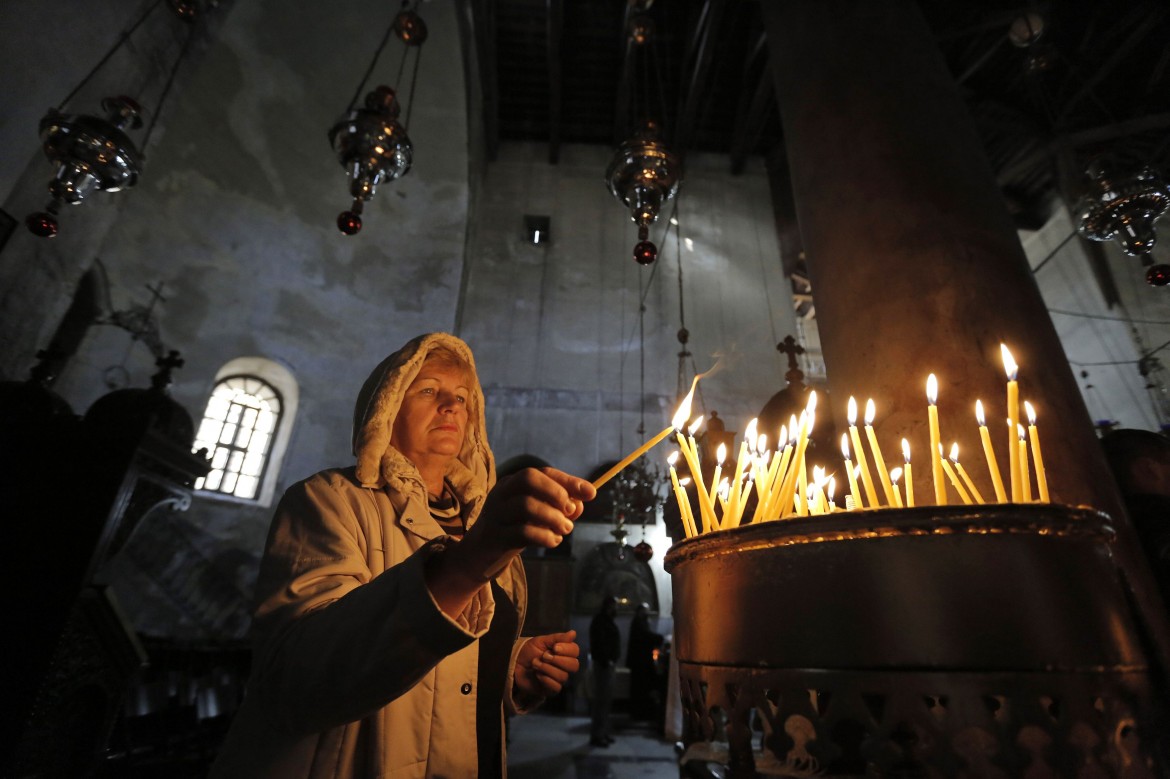Palestine
Airbnb, Israel profit from colonialism
Israel is promoting the “pastoral environment and in family-oriented surroundings” of its newest tourist destinations — in the illegally occupied West Bank.

Avital Kotzer Adari, of the Israeli National Office of Tourism, smiled and rattled off data about the influx of foreign tourists to his country. “We ended 2015 with 3.1 million visitors from around the world, out of which 2.8 million were tourists,” he told me the other day.
This begs the question: How many of those tourists found lodging in Israeli settlements in the West Bank?
The campaign to normalize settlements is beginning to pay off. Begun years ago by previous Israeli governments, Benjamin Netanyahu has continued the promotion of vacation packages to settlements, where tourists can “appreciate nature and drink good wine, live in a pastoral environment and in family-oriented surroundings.” One of the most popular locations is Psagot, near Jerusalem and Ramallah, but a growing number of Israeli settlements in the West Bank have become available.
Local tour operators, when pitching to foreign nationals, overlook the fact that the “communities” are actually settlements built in violation of international law in a territory that has been occupied militarily and where Palestinian residents intend to proclaim their independent state. Some international agencies have even joined them, interested in neither politics nor the law, but eager only for profit.
A few days ago, journalists discovered that the well-known website Airbnb, which connects travelers looking for lodging with locals renting out apartments or bedrooms, is offering affordable accommodations in Jewish settlements and the Golan Heights, a Syrian territory occupied by Israel. An Airbnb spokesman did not confirm or deny it, saying, “We follow the laws and provisions relating to where we can do business, and we conduct investigations when someone expresses concern about certain ads,” he told a local newspaper.
A progressive Israeli blog, Siha Mekomit, reported that unsuspecting foreign tourists are offered to stay in Jewish settlements, without clarifying that these places are not in Israel but in the occupied Palestinian territories. The same thing happens with the label “Made in Israel,” stuck to goods produced in the settlements, in violation of the rules governing international trade. Siha Mekomit also reported the story of settlers who refused the booking of an American of Palestinian origin. They told the traveler, “In a more peaceful future, we will be happy to receive you.”
It’s doubtful these reports will lead Airbnb to clarify which of its listings are located in militarily occupied territories. And while Israel benefits from tourism, Palestinian cities and tourist areas, starting with Bethlehem, suffer the consequences of the occupation, the construction of the separation wall and settlement expansion.
Amid all of this, a survey by researchers at the Shabaka think tank — Nur Arafeh Samia al Botmeh and Leila Farsakh — demonstrates the impact that colonization has had on the Palestinian population. For example, the 599,901 Israeli settlers use six times more water than the entire Palestinian population of the West Bank — 2,860,000 people. Massive unemployment is another problem, and the authors also illustrated the condition of Palestinian workers forced to earn their living in settlements. In addition, the Israelis have appropriated archaeological and tourist sites, along with the exploitation of quarries, mines and other resources of the Dead Sea.
Originally published at on
